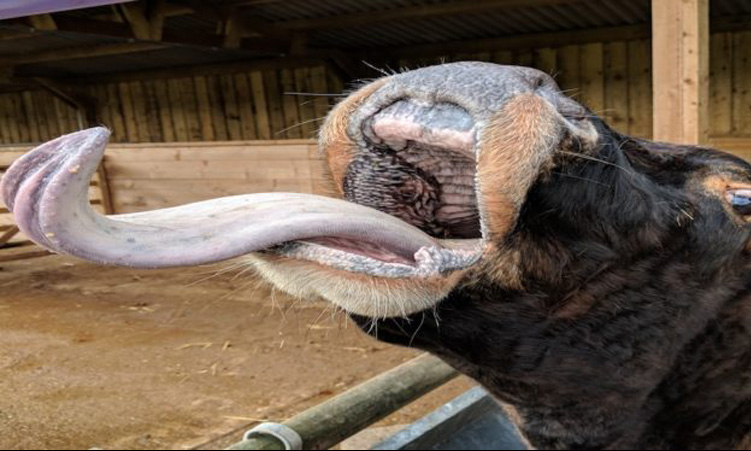The World Organisation for Animal Health (Woah) has endorsed the country’s status of at low risk for ‘mad cow’ disease, after strictly implementing a complete ban on the inclusion of ruminant-derived proteins in ruminant feeds.
Namibia’s meat sector is acclaimed globally for its premium health standards and superiority, and according to the latest issue of the Namibian Agricultural Union’s newsletter, these strict animal feed standards have helped in the control of bovine spongiform encephalopathy (BSE), also known as mad cow disease.
BSE is a disease of the nervous system of bovines, which has a long incubation period of two to 10 years.
Currently, there is no treatment or vaccine against the disease, and affected animals will inevitably die if the disease is left to run its course.
According to Anja Boshoff-De Witt, the executive for meat standards at the Livestock and Livestock Products Board of Namibia (LLPBN), Namibia was the first country in Africa to be awarded the ‘negligible risk for BSE’ accolade by the Woah in May 2016.
The latest Woah endorsement of the country’s free status reaffirms Namibia’s global position as one of the leading countries with regards to the status of exceptional animal health, producing world-class livestock products.
The strict measures implemented allow Namibia to access global high-value markets like the European Union, which implements equivalent measures to safeguard public and animal health.
Boshoff-De Witt says a country’s status is endorsed when it can provide the organisation with extensive proof that the risk for BSE is controlled through risk-mitigation measures implemented by the Directorate of Veterinary Services.
“This involves the filling in of an elaborate questionnaire by the Directorate of Veterinary Services and submitted to the Woah for scrutiny by the scientific commission.
“The proposal to award this status will be presented at the general assembly in May, and if approved, will then be published or listed by the Woah,” she says.
She says an annual reconfirmation form must be submitted to the Woah, and the information provided will be evaluated.
If the country no longer complies with requirements to manage risk, the status will be suspended.
“Namibia is still maintaining its status,” Boshoff-De Witt says, adding that Namibia also declared itself historically free from bovine tuberculosis, and was published by Woah as such in February this year.
In addition to the ban on the inclusion of ruminant-derived protein in ruminant feed, Namibia has for decades banned the use of chicken manure in animal feeds through the Farm Assured Namibian Meat Scheme (FAN Meat), which is administered by the LLPBN.
The FAN Meat standards for producers state: “No feeds containing ingredients obtained from ruminants and chicken manure may be acquired, disposed of, sold or fed to ruminants.”
This ban was implemented to ensure public health, the union says.
“Livestock producers are herewith reminded of the above regulations. It is crucial for livestock producers to strictly comply with the aforementioned regulations to ensure the protection not only of the livestock sector, but also of the economy of the entire country,” the union says.
Boshoff-De Witt says it is worth noting that Namibia was awarded official recognition of a foot-and-mouth disease-free zone without vaccination in February 1997, and was awarded official recognition of a bovine lung sickness-free zone in October 2015.
“Namibia was awarded the official recognition of a small stock pest-free zone in November 2014, and also has an officially endorsed control programme for foot-and-mouth disease for areas not recognised as free from foot-and-mouth disease,” she says.
– email: matthew@namibian.com.na
Stay informed with The Namibian – your source for credible journalism. Get in-depth reporting and opinions for
only N$85 a month. Invest in journalism, invest in democracy –
Subscribe Now!






